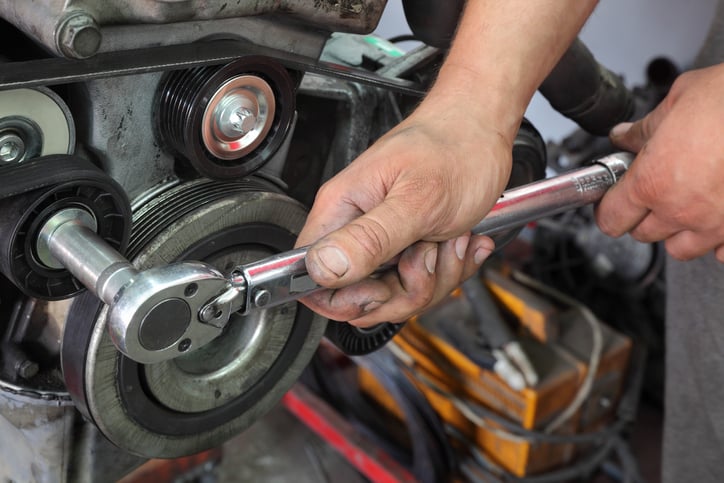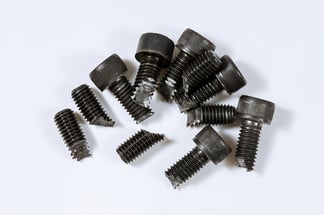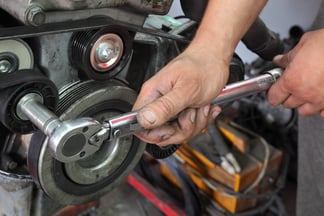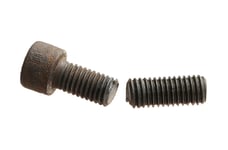What Causes Bolt Tension Failure?
Bolted joints play a significant role in ensuring the safe operation of various equipment. That’s why it is important to understand the...

No one wants to talk about bolt failures. Bud despite being the smallest element of a structure, bolts play a critical role in ensuring your application is reliable, safe, and secure. Failing to follow the manufacturer's guidelines and correct bolting practices can cause bolt failures, which may lead to breakdowns, leaks, fires, or fatal accidents.
A torque wrench is one of the best fastening tools that significantly reduce the risks of bolt failures. It is used to check and adjust bolts, screws, and nuts of various sizes and shapes across industries.
A torque wrench is a fastening tool used to apply and control torque (twisting force) to fasteners such as screws, nuts, or bolts. It is an advancement of the basic wrench. The latter indicates the amount of force being applied to its handle with a clicking noise, a gauge, a needle, or an electronic window.
Why is it important to know the amount of twisting force being applied? Fasteners or fastened parts may be distorted or damaged. For example, over-tightened lug nuts on the wheels can cause brake-rotor warping, premature brake wear, inconvenient stuck lugs, and ineffective stopping. They can also cause wheel studs to nap off.
On the other hand, if your fasteners are too loose or tightened too much, parts may also back off. Loose lug nuts may also make lugs loosen and cause the wheel to fall.
Torque is one of the best and safest methods of fastening bolts. However, the bolts may fail due to factors such as improper torque, overload, improper manufacture or design, and metal fatigue. Incorrectly torqued bolts may fail due to fatigue under any of the following situations:


Although several tools can be used to tighten or adjust bolts, the torque wrench stands out as far as the safety of the bolts and the joints are concerned. Torque wrenches come in different types, each with different operating principles. They include; a dial indicator, a digital clicker, and a beam or deflection indicator. The choice of the best one entirely depends on specific mechanical requirements.
Are you concerned with bolt failures regardless of the root cause? Big Bolt is properly equipped to help you! We are the most prominent fastener manufacturer in the Midwest, with clients across the United States and across the world. We are ISO-certified and have more than 50 years of experience in the field. We’re manufacturing high-quality fasteners for critical industries such as government & military, transportation, construction, and aerospace, among others.
Contact us today to get a quote today.
Bolted joints play a significant role in ensuring the safe operation of various equipment. That’s why it is important to understand the...
Bolted joints play a significant role in ensuring the safe operation of various equipment. That’s why it is important to understand the...
A torque converter is a must-have for an automatic transmission vehicle. And installation is not complete without the proper use of torque...
